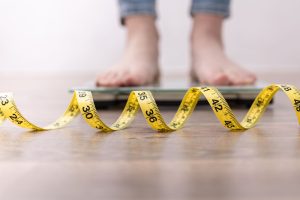
The Legal Implications of Lie Detector Tests in Investigations
In law enforcement, business environments, and personal affairs, as well as other disciplines, lie detector tests—also known as polygraph tests—have grown to be a major instrument in use. Using these exams brings important legal issues that businesses and people in areas like North Carolina have to be aware of. Understanding the legal ramifications of the Lie Detector Test North Carolina will enable participants to properly and responsibly negotiate their use.
Admissibility in Court
Lie detector test legal questions mostly concern their admissibility in court. Generally speaking, polygraph test findings are not deemed sufficient to be offered as proof in criminal trials. These exams are sometimes seen as perhaps deceptive by courts, which fuels a significant discussion on their validity. Like in many other states, North Carolina’s judicial system favors other kinds of evidence with a clearer foundation in accepted scientific ideas. Therefore, even if a Lie Detector Test North Carolina might offer information during investigations, its results could not be relevant in court.
Use in Employment Situations
Pre-employment screenings or internal investigations allow companies to use lie detector tests. However, to protect workers’ rights, specific laws regulate this practice. The Employee Polygraph Protection Act (EPPA) forbids most work circumstances in North Carolina as well as nationally. This legislation forbids companies from base employment or termination decisions depending just on lie detector results. Employers thinking about this strategy must be aware of these legal limits since non-compliance may have major legal consequences.

Privacy Concerns
Another crucial consideration is the privacy rights of individuals undergoing lie detector testing. During the testing process, participants may divulge private information; therefore, there are legal responsibilities regarding the handling and storage of this data. Privacy rights violations could cause civil lawsuits or other legal action. Organizations and people must make sure they run lie detector tests in line with relevant privacy regulations and keep test findings confidential.
Ethical Considerations
Beyond only legal ramifications, ethical issues significantly influence the use of lie detector tests. Usually, these ethical issues center on the possible effects on personal privacy and the accuracy of the findings from such testing. Inquiries concerning the correctness and dependability of these exams generate doubts regarding their equity in research. People and companies should carefully consider the possible hazards and advantages. Anyone engaged in an inquiry must first understand the legal environment around lie detector tests. Through careful navigation of this complexity, stakeholders can make judgments honoring ethical standards and legal limits.


Average Rating